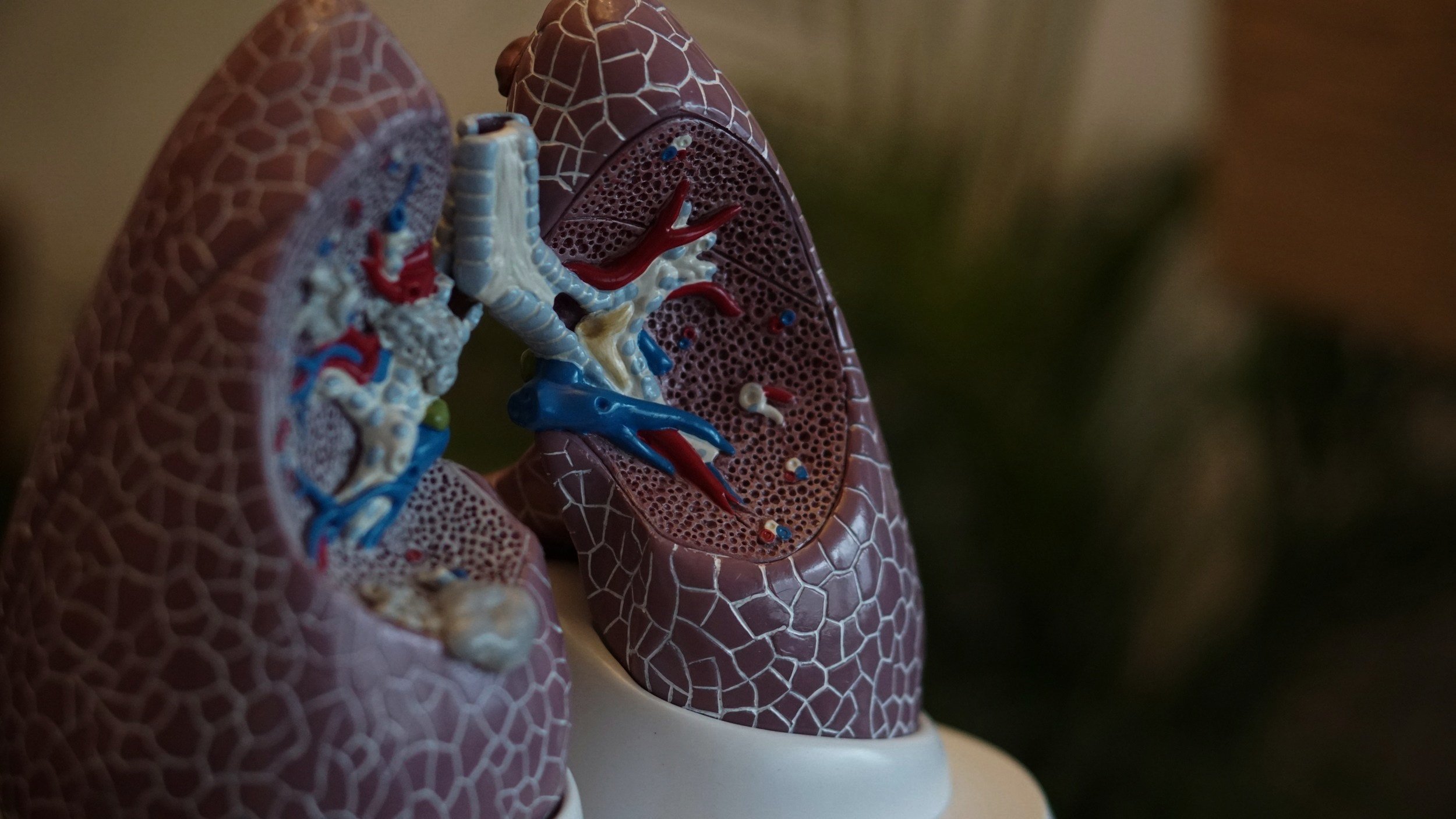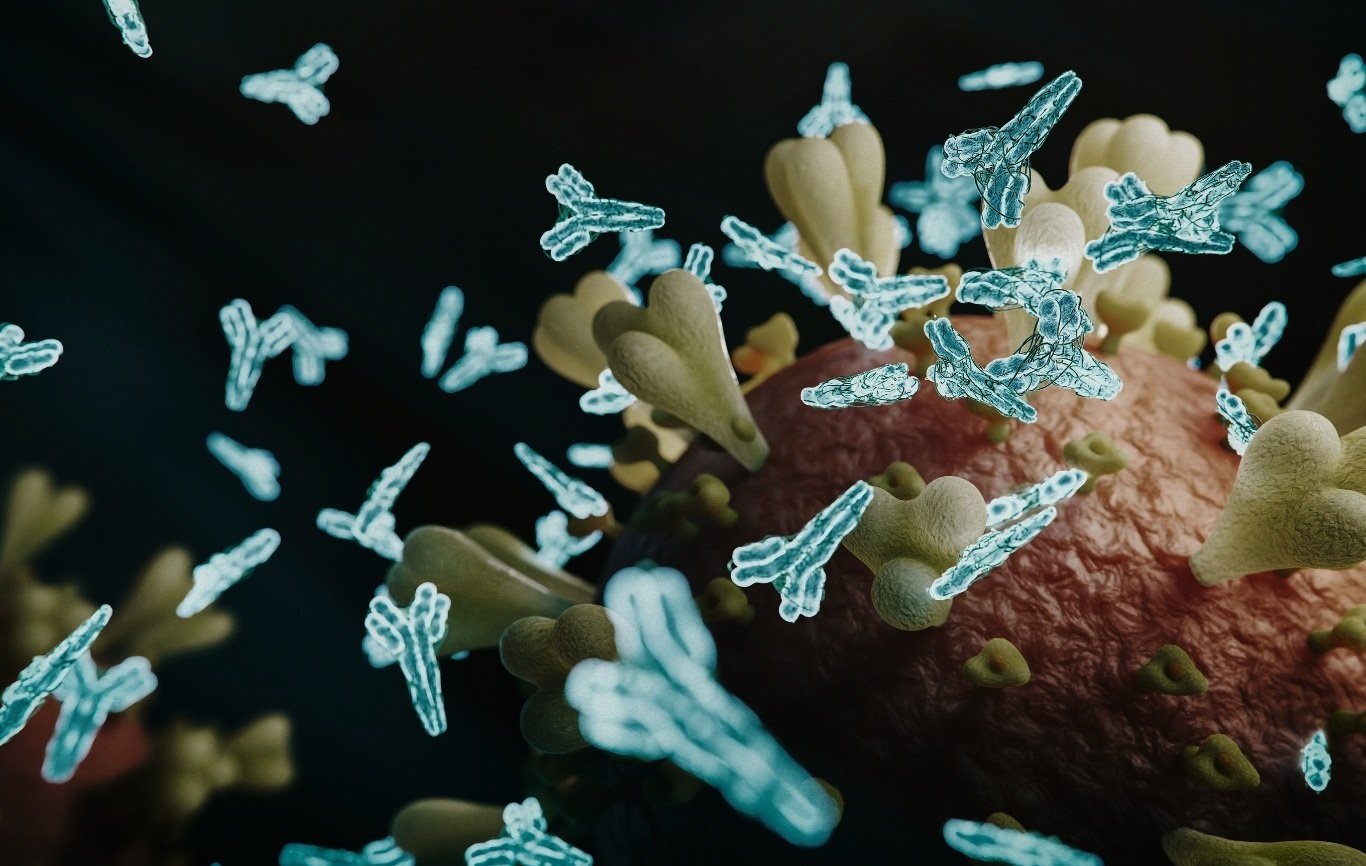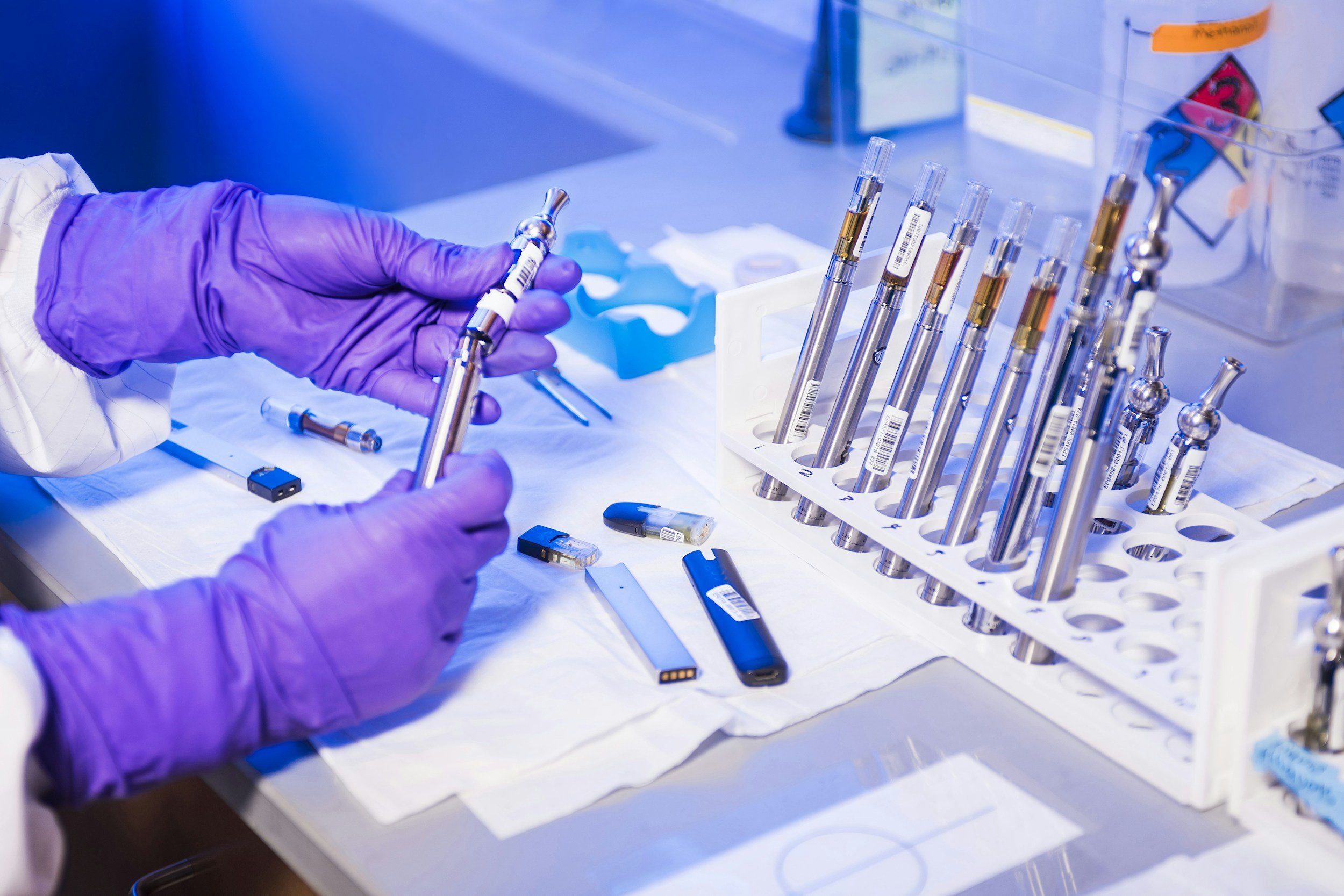Blogues de l’équipe DÉSIR
De la conception des traitements à la compréhension des divers types de cancer, nos blogues fournissent un aperçu actuel de la recherche et des soins aux patients.

Shining a Light on Pediatric Cancer: Supporting the Youngest Warriors
By: Zainab Al-Attwani, Gissou Jafari Torreie, Luca LeClair, Raymond Zeng
Childhood cancer is a devastating reality that affects thousands of families every year. This blog explores pediatric cancers’ unique challenges, highlights current and recent advancements in treatments and suggests ways to support and advocate for patient families.

Skin Cancer Uncovered: Understanding Risks, Innovations, and Prevention
By: Zainab Al-Attwani, Gissou Jafari Torreie, Luca LeClair, Raymond Zeng
By understanding melanoma and the risk factors that contribute to its development, we take a significant step toward combating its impact. Join us as we delve into the science, the latest breakthroughs, and simple yet powerful ways to safeguard your skin.

A Breath of Hope: Redefining Lung Cancer Outcomes with Modern Medicine
By: Zainab Al-Attwani, Gissou Jafari Torreie, Luca LeClair, Raymond Zeng
Despite advances in our understanding of risk factors and treatments, lung cancer remains the leading cause of cancer-related deaths globally (Oliver, 2022). This article will further explore the causes, current treatments for lung cancer, and emerging advancements in treatment approaches.

Navigating Breast Cancer: Awareness, Prevention, and Modern Treatment Approaches
By: Zainab Al-Attwani, Gissou Jafari Torreie, Luca LeClair, Raymond Zeng
Breast cancer is one of the most common cancers affecting women worldwide, and understanding its risk factors, prevention, and treatment options is crucial.
By taking a comprehensive approach, individuals can better navigate the complexities of breast cancer and take proactive steps toward maintaining their health.

Deciphering the Impact of Aging on Cancer: Senescence and Immunoaging
By: Erwan Goy
The high incidence of cancer can be attributed to numerous risk factors associated with its development, including alcohol consumption, tobacco, car pollution, dietary factors, viral and bacterial infections, among others. When considering the impact of such risk factors, one prominent factor stands out: aging.

Unleashing the Immune System to Fight Against Cancer
By: Heidi
In recent years, the dawn of immunotherapy has heralded a new era in cancer treatment. This article provides an overview of immunotherapy, delving into some examples, current challenges, and future potentials of its use.

Beyond the Physical: Exploring the Psychological Journey of Testicular Cancer Survivors
By: Dhwani Patel, Ching Yung Yuan, Mackenzie Smith
Testicular cancer is a prevalent and serious disease affecting the male reproductive system, specifically targeting the cells of the testicles and scrotum (1). Despite being the most prevalent solid tumour type in males, nearly two-thirds of men between the ages of 18-34 (assigned male at birth) do not know that they fall within the age group most at risk for testicular cancer, and do not know how to perform a self-examination (1).

Kidney Cancer: Risk Factors & Preventative Measures
By: Dhwani Patel, Ching Yung Yuan, Mackenzie Smith
Unfortunately, kidney cancer is a very severe disease affecting Canadians, with an estimated 8600 Canadians being diagnosed and 1900 Canadians dying from kidney and renal pelvis cancer in 2023 alone (1). Given the severity of this disease, it is important to consider the risk factors of kidney cancer so that we may lower our risk through lifestyle-based intervention and identify those at high risk due to genetic predisposition.

MYTHs and FACTs about cancers
By: Marine Lingrand
The most common misconceptions surrounding cancer mainly concern lifestyles such as tobacco, alcohol, or the sun, which are known to increase the risk of cancer. In this article, let's discuss interesting facts about cancers while demystifying some preconceived ideas about them.

Lifestyle Choices and Cancer Prevention
By: Dhwani Patel, Ching Yung Yuan, Mackenzie Smith
To lower our risk for cancer, it is important to understand that cancer is a multifaceted disease with many underlying causes. While genetics does play a role in cancer, only about 5-10% of cancers are caused by inheriting a genetic mutation (1). Thus, it is important to acknowledge the combined role of other factors including lifestyle choices such as diet, exercise, substance abuse, and chronic stress in increasing our risk for cancer.

BCG: From a vaccine to a cancer therapy - A Canadian Story
By: Aline Atallah
Currently, the therapeutic approach for intermediate and high-risk non-muscle invasive bladder cancer entails tumor removal and the administration of Bacillus Calmette-Guérin (BCG) treatment. BCG is a live attenuated form of Mycobacterium bovis. But how did a bacterium, originally developed as a tuberculosis vaccine, become the gold standard for treating this type of bladder cancer?

Analyzing the use of CAR-T Cell Therapy for Blood Cancers and Solid Tumour Cancer Types
In recent years, immunotherapy has become increasingly popular as an option for cancer treatment. There are many types of cancer immunotherapy, however, one particular type that has been significantly successful is CAR T cell therapy.

Hormone Therapy as Treatment for Prostate Cancer
Prostate cancer is a top contributor to cancer-related deaths in men, second only after lung cancer (1). According to Canadian Cancer Statistics, approximately 1 in 8 Canadian men will develop prostate cancer during their lifetime (2).

Changing the way we talk about lung cancer
A cancer diagnosis can be overwhelming, confusing and scary. Cancer patients face constant physical, psychological, and emotional challenges from the time leading up to diagnosis, throughout treatment and during remission. However instead of compassion and support, lung cancer patients are more likely to be greeted with, “Well, did you smoke?”

Biliary Tract Cancers: A Spotlight on a Rare Group of Diseases
Check out this blog post to learn more about biliary cancers - a rare group of cancers of the biliary system, which include the gallbladder and bile duct.

Role of Precursor Lesions in Diagnosis and Prognosis of Oral Squamous Cell Carcinoma

Brain Cancer Cells Grow by Tapping into Host Brain Cell Signals
In this article we dive into gliomas - a difficult to treat brain cancer - by exploring the unique way neurons communicate. Understanding this phenomenon may be the key to unlocking better treatments.

Treatment optimization: Finding the best treatment option for patients
By: Sawyer Badiuk, MSc
Neuroendocrine tumours (NETs) are a diverse group of abnormally dividing cells that originate from specialized neuroendocrine cells. For NETs, typical treatment options include surgery, chemotherapy, somatostatin analogs and targeted therapies. However, selecting the treatment type or combination of treatments is only the first step. To optimize treatment outcomes, careful consideration goes into selecting various aspects of treatment.

Identifying mechanisms of resistance to PI3K inhibition in head and neck squamous cell carcinoma
Targeted cancer therapy uses specific drugs that interfere with pathways involved in cancer progression. Such pathways should be under strict control, but cancer cells often find ways to evade it, and grow without prompt. In head and neck squamous cell carcinoma (HNSCC), the sixth most common cancer worldwide, one of the most frequently broken pathways is called the PI3K pathway (Lawrence et al., 2015).

New kid on the block: receptor tyrosine kinase inhibitors as a potential treatment for triple-negative breast cancer
By: Matthew Borrelli, MSc.
Cancers are just as unique as the individuals who fight them: we can say with certainty that no two are perfectly alike. However, research advances increasingly allow us to categorize different subtypes of cancer based on how they differ from healthy tissue at a molecular level.

